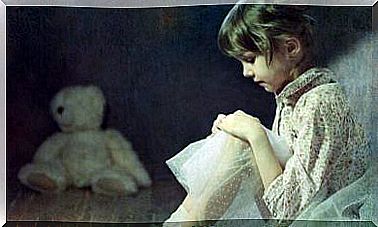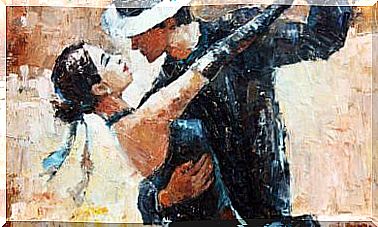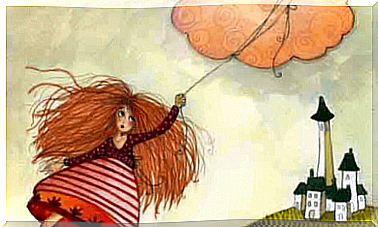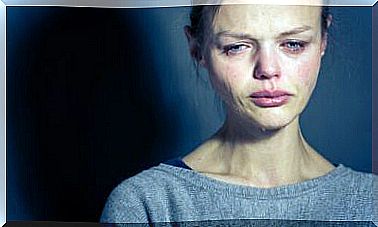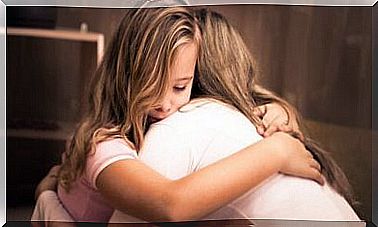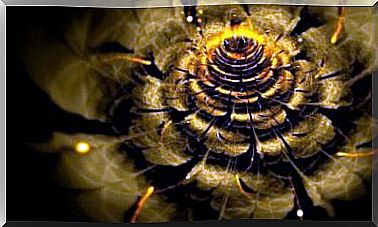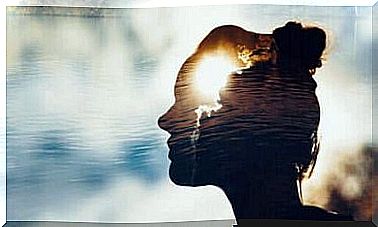Sleep Addiction: Symptoms And Treatment
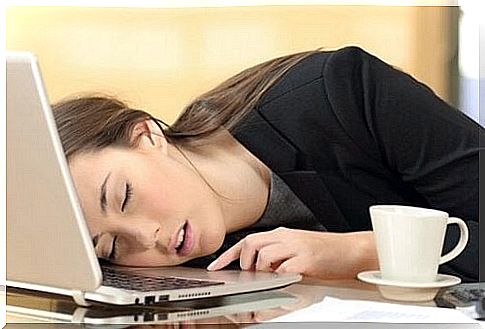
We have all overslept before and were still tired. In fact, we may still be so tired that we can barely stand on our feet. If this sounds familiar, you may be suffering from insomnia.
Sleep and wake disorders can be divided into ten different categories. These include hypersomnia, narcolepsy, insomnia, sleep breathing disorders, circadian rhythm disorders and restless legs syndrome.
This article covers a specific type of sleep disorder: sleep addiction, also known as hypersomnia. As the name suggests, sufferers need excessive sleep. Those who suffer from it never feel rested and often feel overtired.
What are the characteristics of sleep addiction?
Sleep addiction is a broad term. The disease has different symptoms; they may not be able to get out of bed in the morning or involuntarily fall asleep during the day and usually show other unhealthy sleeping habits.
People who suffer from insomnia fall asleep quickly and have a high level of sleep efficiency. You can sometimes have difficulty waking up in the morning, or appear confused, aggressive, or ataxic. The term ataxia refers to disorders in movement processes.
So-called sleep indolence, which means the prolonged transition between sleeping and waking, may also occur. Sleep sluggishness is colloquially referred to as “sleep drunkenness”. In this state , the person appears to be awake, but has decreased cognitive and motor skills. Because of this, she is also unable to behave appropriately. Memory lapses, spatial disorientation, and dizziness are also common.
The waking up phase can last from a few minutes to several hours. The persistent need to sleep may also encourage involuntary behavior that a person barely remembers afterwards. For example, there are patients who unconsciously drive several kilometers on the “autopilot” and then have difficulty remembering the journey.
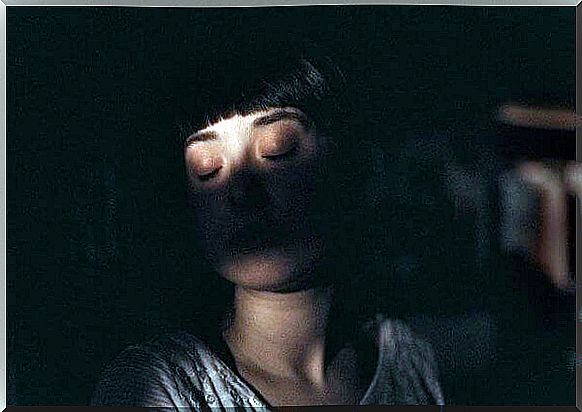
Lots of (bad) sleep
Some sleep addicts need more than nine hours of sleep a day. However, this sleep rarely has a regenerative effect and even after hours of sleep it can be difficult for those affected to wake up. The quality of sleep is simply insufficient.
In these cases, excessive drowsiness leads to involuntary daytime naps. These daily naps are usually long, lasting over an hour, but do not make them feel well rested when they wake up. Instead, he is still exhausted. This “permanent state” distinguishes sleep addiction from a sudden “sleep attack”.
People who are not stimulated or who are active suffer from involuntary sleep episodes. This can be the case, for example, during conferences, reading, watching TV or long car journeys. In the most severe cases, it can even happen in situations that actually require the patient’s attention – such as driving a car or work
What are the criteria for diagnosing sleep addiction?
The DSM-V defines the criteria for diagnosing sleep addiction as follows:
A. The individual feels excessively sleepy after having slept for at least seven hours with one or more of the following symptoms:
- Recurring periods of drowsiness or sleep during the day
- Episodes of prolonged sleep (nine or more hours) that are not regenerative
- Difficulty staying awake
B. The patient suffers from this disorder at least three times a week for a period of at least three months.
C. The disease is accompanied by a feeling of malaise and deterioration in cognitive, social and other important functions.
D. Excessive sleepiness can not be explained by any other sleep disorder and is not exclusively associated with other sleep disorders (narcolepsy, parasomnia, etc.).
E. The addiction to sleep can not be traced back to physiological causes or the consumption of certain substances (drugs, alcohol, medication, etc.).
Q. The coexistence of mental illness and medication use cannot adequately explain the recurring phenomenon of insomnia.
The DSM-V knows the following types of sleep addiction
- Minor: Difficulty staying awake during the day, 1-2 days a week
- Moderate: Difficulty staying awake during the day, 3-4 days a week
- Severe: Difficulty staying awake during the day, 5-7 days a week
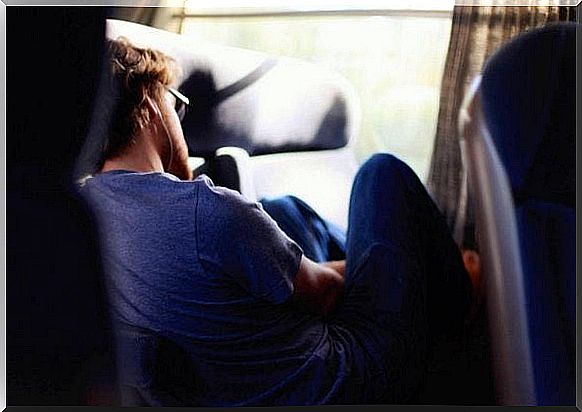
Traits associated with sleep addiction
Although symptoms such as non-regenerative sleep, difficulty waking up in the morning, sluggishness, and acting on the autopilot are not uncommon, they can at times be associated with other disorders such as narcolepsy.
- About 80% of those suffering from sleep addiction report that their sleep is not restful. You have great difficulty waking up in the morning.
- Sleep sluggishness, although less common, is a very specific symptom of insomnia. Not even a nap provides drowsiness relief.
- Affected people also seem to be able to sleep in a wide variety of places, such as in the waiting room of a doctor’s office.
- A small percentage of sleep addicts have a family history of insomnia. They may also have various symptoms, such as nervous system problems and headaches, or fainting.
Treatment of addiction to sleep
There are two approaches to treating this condition. For example, a sleep specialist can prescribe medication to help the patient stay awake longer. This makes more sense than consuming large amounts of psychoactive substances like coffee. Excessive intake of such stimulants can have serious health – and especially cardiological – consequences.

One approach that works without medication is to change the sleep pattern of those affected. This strategy includes specific training to be able to recognize and control stimuli when drowsiness occurs. Then certain exercises are done to stay awake. There are also certain techniques that sufferers can use to concentrate better. When these don’t work, it indicates a more serious problem with your attention.
Maintaining sleep hygiene is also very important. Sleep hygiene can provide a patient with better sleeping conditions that will help them recover. Corresponding strategies relate in part to the sleeping environment (room temperature, lighting, etc.) and digestion (eating before bed). Others refer to different variables that are supposed to help calm down.
Sleep addiction is a recognized mental illness. She needs treatment. If you, dear reader, suspect that you are suffering from sleep addiction based on the criteria listed here, we advise you to consult a doctor. Please note that only a proven specialist is able to make the diagnosis.
